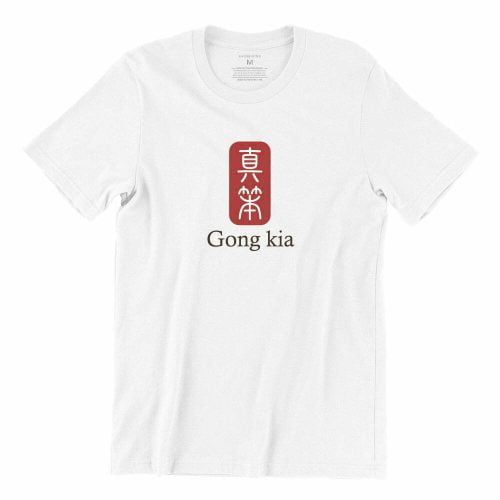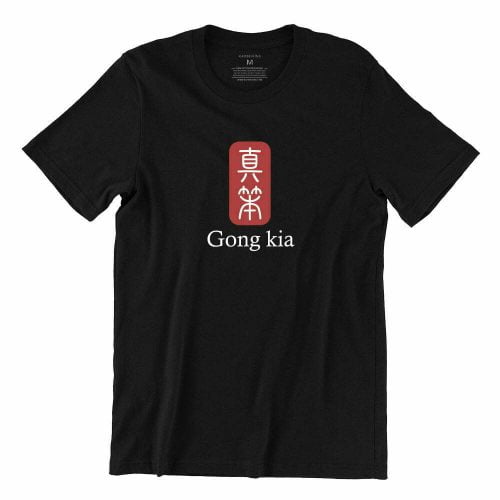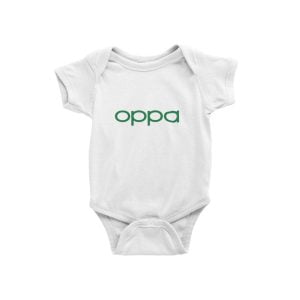What Does “Gong Kia” Means in Singapore?
The term “gong kia” (pronounced gong-kee-ah) is a colloquial expression in Singaporean Hokkien. It is composed of two words: “gong” (stupid or foolish) and “kia” (child or kid). Therefore, “gong kia” can be loosely translated to “stupid kid” or “foolish child.” However, like many expressions, its meaning can vary depending on the context and tone in which it is used.
Literal Translation and Nuances
- Gong: This term means “stupid” or “foolish,” but it is often used in a lighthearted or humorous way.
- Kia: Literally meaning “child” or “kid,” this word can also refer to a young person or someone who behaves childishly.
Cultural Context and Usage
In Singapore, “gong kia” is a term frequently heard in casual conversations among friends and family. While it might seem offensive at first glance, it is often used affectionately or playfully rather than as a serious insult.
Common Scenarios
- Teasing Friends: Friends might call each other “gong kia” in a joking manner, similar to how one might call a close friend “dummy” or “silly” in English.
- Scolding Children: Parents might use “gong kia” to lightly scold a child for doing something foolish, akin to saying “you silly kid” in a gentle reprimand.
- Self-Deprecation: Someone might refer to themselves as a “gong kia” when admitting to a mistake or foolish behavior, displaying humility and a sense of humor.
Tone and Intention
The tone of voice and context are crucial in determining whether “gong kia” is perceived as affectionate or derogatory. A light, playful tone typically indicates no harm is meant, whereas a harsh tone could imply criticism.
What Impact Does “Gong Kia” Have on Singlish
Singlish, the colloquial form of English spoken in Singapore, borrows extensively from various languages and dialects, including Hokkien. Terms like “gong kia” are seamlessly integrated into everyday Singlish conversations, enriching the language and reflecting Singapore’s multicultural identity.
Examples in Singlish
- “Don’t be such a gong kia, lah!” (Don’t be so foolish, okay!)
- “He’s a bit of a gong kia, always forgetting things.” (He’s a bit foolish, always forgetting things.)
What are the Perceptions and Stereotypes
While “gong kia” is generally used in a playful or affectionate manner, it is essential to be mindful of context and audience. Misunderstandings can arise, especially among those unfamiliar with the nuances of Hokkien or Singaporean culture.
Respecting Cultural Sensitivity
Using terms like “gong kia” requires an understanding of cultural sensitivity. It is important to recognize the potential for offense and to use such expressions appropriately, respecting the feelings and backgrounds of others.
Conclusion
“Gong kia” is a vivid example of how language reflects cultural nuances and social dynamics. In Singaporean Hokkien, it serves as a term of endearment, a playful tease, or a gentle scolding, depending on the context. Understanding its usage and significance offers a glimpse into the rich tapestry of Singapore’s linguistic heritage. As Singapore continues to evolve, the preservation and appreciation of dialects like Hokkien remain vital in maintaining the cultural identity and unity of its diverse population.









